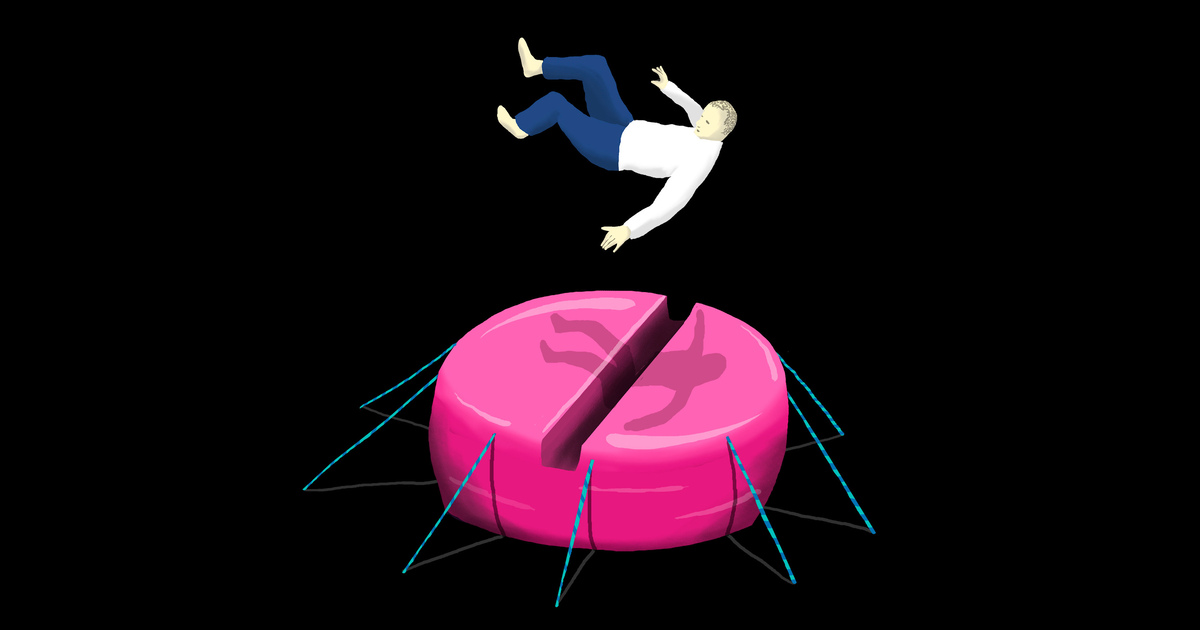Did you know MDMA and therapy are a dynamic duo? This party drug is making waves as a game-changer in PTSD treatment. Let’s explore!
MDMA and Therapy: A New Hope for Trauma Survivors
In a groundbreaking study published in Nature Medicine, MDMA, the illicit drug commonly known as ecstasy or molly, is emerging as a potential game-changer in the treatment of post-traumatic stress disorder (PTSD).
The study, conducted with 104 participants, paired MDMA with psychotherapy and yielded astonishing results. Under the guidance of two therapists, each participant underwent three 90-minute talk therapy sessions followed by three sessions involving either MDMA or a placebo, spaced one month apart.
The findings were nothing short of remarkable. Over 86% of individuals in the MDMA group experienced a significant reduction in PTSD symptoms, with approximately 71% no longer meeting the criteria for a PTSD diagnosis. In stark contrast, only 48% of those in the placebo group saw a similar reduction.
What makes this study even more significant is the inclusion of a diverse participant pool, encompassing Hispanic, Latino, and nonwhite individuals, reflecting a more representative sample of the population affected by PTSD.
PTSD, a debilitating psychiatric disorder triggered by traumatic events such as natural disasters, accidents, war, sexual assault, and violence, affects up to 5% of US adults annually, with conventional treatments often proving ineffective for roughly half of patients.
The potential approval of MDMA for PTSD treatment by the Food and Drug Administration (FDA) as early as next year represents a major paradigm shift.
Australia has already taken the lead in this area, becoming the first country to permit the use of MDMA, alongside psilocybin mushrooms, for treating PTSD and depression earlier this year.
However, one ongoing challenge in psychedelic trials is the participant’s ability to discern whether they have received the psychedelic drug or a placebo, potentially skewing the results.
Nevertheless, the promise of a safe and effective PTSD treatment is nothing short of groundbreaking.
Dr. Berra Yazar-Klosinski, senior author of the study, states that MDMA-assisted therapy could herald the first novel PTSD treatment in over two decades, offering a glimmer of hope for those grappling with this debilitating disorder.








Leave a Reply
You must be logged in to post a comment.